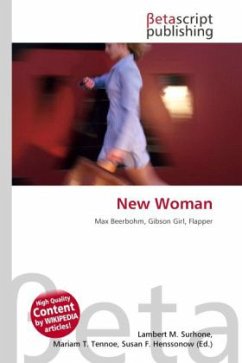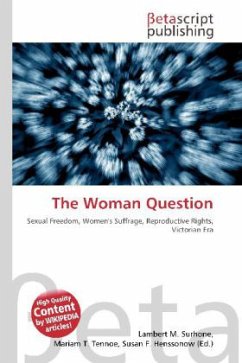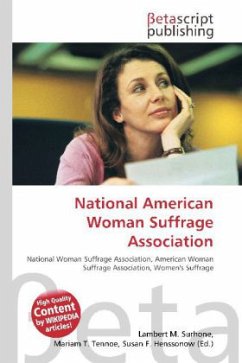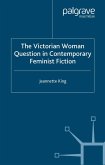High Quality Content by WIKIPEDIA articles! The New Woman was a feminist ideal that emerged in the late 19th century. A new woman pushed against the limits set by male-dominated society, especially as modeled in the plays of Norwegian Henrik Ibsen (1828 - 1906). "The New Woman sprang fully armed from Ibsen's brain," according to a joke by Max Beerbohm (1872 1956). Literary discussions of the expanding potential for women in English society date back at least to Maria Edgeworth's Belinda (1801) and Elizabeth Barrett's Aurora Leigh (1856), which explored a woman's plight between conventional marriage and radical possibility that a woman could become an independent artist. In drama, the late nineteenth century saw such "New Woman" plays as Henrik Ibsen's A Doll's House (1879) and Hedda Gabler (1890), Henry Arthur Jones's play The Case of Rebellious Susan (1894) and George Bernard Shaw's controversial Mrs. Warren's Profession (1893) and Candida (1898).







